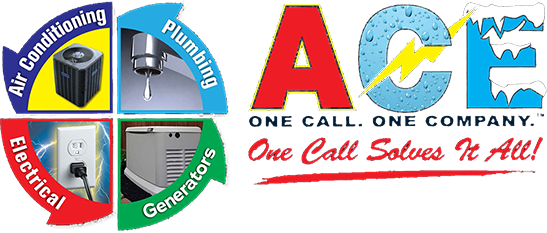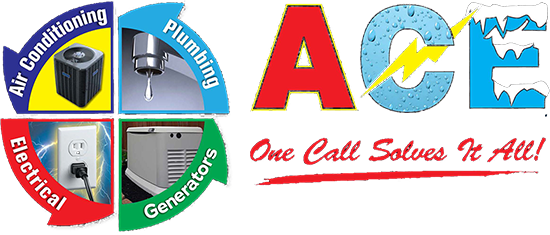Florida residents are no stranger to heavy rains — we’re actually pretty used to it at this point. But even if we’re used to a lot of rain, it doesn’t mean we are oblivious to the problems it causes. If a storm causes a torrential downpour, rising waters can do more than make it difficult to avoid puddles — they can drown your AC. But even if it gets flooded, it doesn’t mean your unit is necessarily damaged.
What Happens If My AC Gets Flooded?
If you think or know that flood waters submerged any part of your outdoor AC unit, there are a few steps you need to take to keep yourself safe and see if your unit is still in good working order.
Turn Off the Power
Especially if the unit is still submerged in some water, it’s very important to cut the power to your outdoor condenser to avoid any risk of electrical shock. Until the power is cut, you shouldn’t walk in any water near the unit. In the meantime, you should drain water away from the unit as best you can.
Determine the Damage
How much damage your unit experienced will typically depend on the type of unit you have.
Air Conditioners and Heat Pumps
These condenser units are usually designed to be able to handle being submerged in 12 to 16 inches of water since the electrical components are placed higher up in the units. As long as the flood waters didn’t rise high enough to hit any electrical pieces, the unit should work just fine or only need simple repairs.
Gas Package Units
These units don’t survive floods as easily as others do. The electrical components in gas package units are typically located at the bottom of the system, so flood water will likely reach them more easily and the unit will require more extensive AC repair or replacing.
If your AC has been flooded and you’re not sure if it’s safe or able to run properly, contact the experts at Ace Solves It All. Our trained professionals can inspect your unit and offer solutions to get it back up and running.
For more information or to schedule a service, give us a call at (407) 499-8006.


